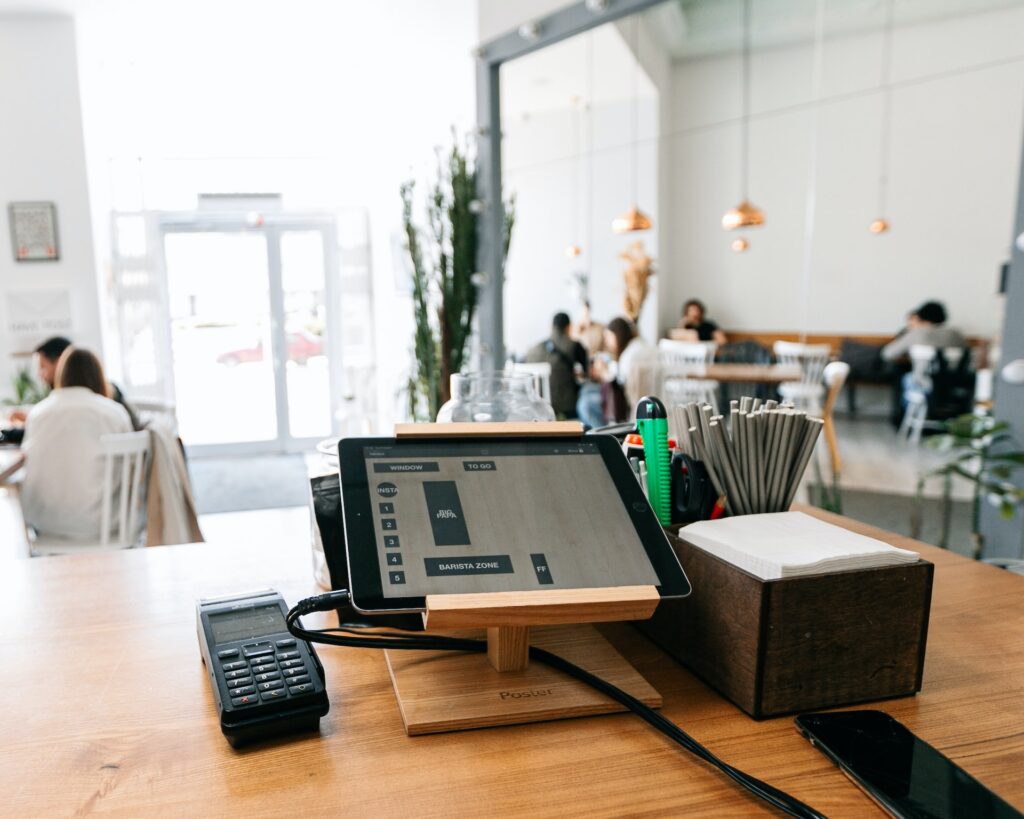
The hospitality industry in Malaysia is one of the major contributors to the country’s economy. However, the COVID-19 pandemic has resulted in a major shift in consumer behavior, including a preference for contactless experiences. The use of smart checkout Xyreon technology in the hospitality industry can help to address these changes while also providing numerous benefits for businesses.
What is Smart Checkout Technology in the Hospitality Industry?
Smart checkout technology in the hospitality industry refers to the use of digital devices to provide contactless and self-service options for customers to complete transactions. This technology can include mobile apps, self-checkout kiosks, and digital menus. It allows customers to order, pay and receive their orders without the need for direct contact with a server or cashier.
How Does Smart Checkout Technology Work in the Hospitality Industry?
Smart checkout technology works by integrating digital devices into the hospitality industry’s operations. This integration includes the use of mobile apps, self-checkout kiosks, and digital menus to provide a seamless and contactless experience for customers. For example, customers can use their mobile devices to order and pay for their meals or drinks, eliminating the need for contact with a server or cashier.
The Advantages of Smart Checkout Technology in the Hospitality Industry
- Improved Efficiency – Smart checkout technology can help to streamline the ordering and payment process, reducing the time spent by servers and cashiers to handle transactions. This can lead to improved efficiency and shorter wait times for customers.
- Contactless Experience – Smart checkout technology provides customers with a contactless experience, reducing the risk of spreading COVID-19 and other illnesses.
- Increased Revenue – By reducing wait times and improving efficiency, smart checkout technology can increase revenue by allowing businesses to serve more customers in less time.
- Customer Satisfaction – Smart checkout technology can provide customers with a more personalized experience, allowing them to customize their orders and pay in a way that is convenient for them.

Challenges of Smart Checkout Technology in the Hospitality Industry
- Initial Investment – Implementing smart checkout technology can be expensive, especially for small businesses that may not have the resources to make the necessary investments.
- Staff Training – Employees may require training to use the technology effectively, which can take time and resources.
- Maintenance – Smart checkout technology requires ongoing maintenance to ensure that it continues to function properly.
Conclusion
The use of smart checkout technology in the hospitality industry is rapidly gaining popularity in Malaysia. While there are challenges associated with implementing this technology, the benefits it provides, including increased efficiency, improved customer satisfaction, and a contactless experience, far outweigh these challenges. As the hospitality industry continues to evolve, smart checkout technology will become an essential tool for businesses to remain competitive and provide the best possible experience for their customers.